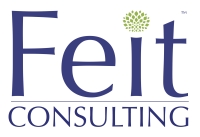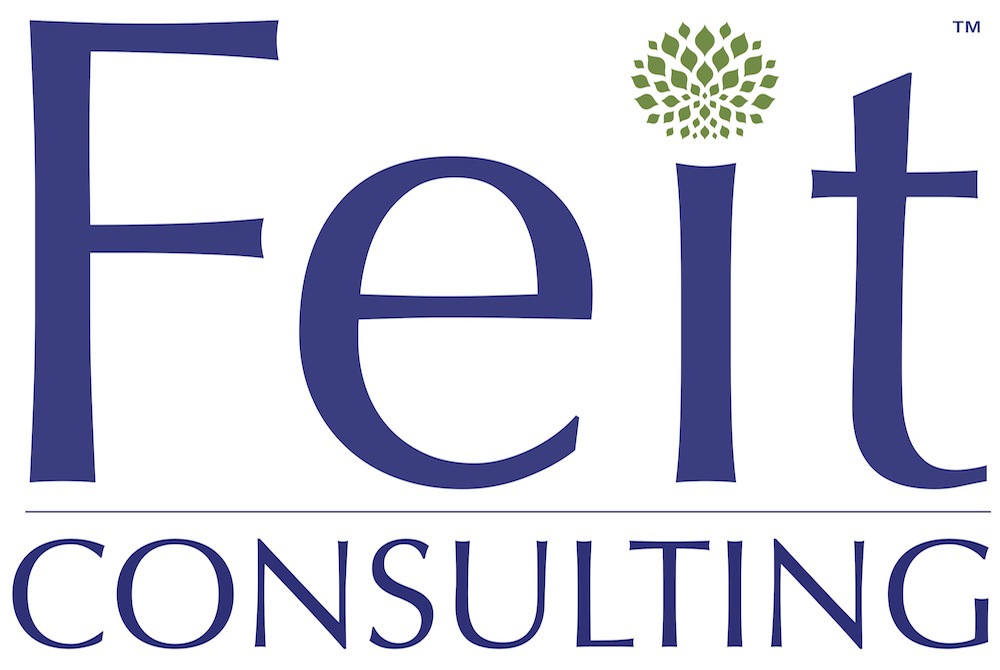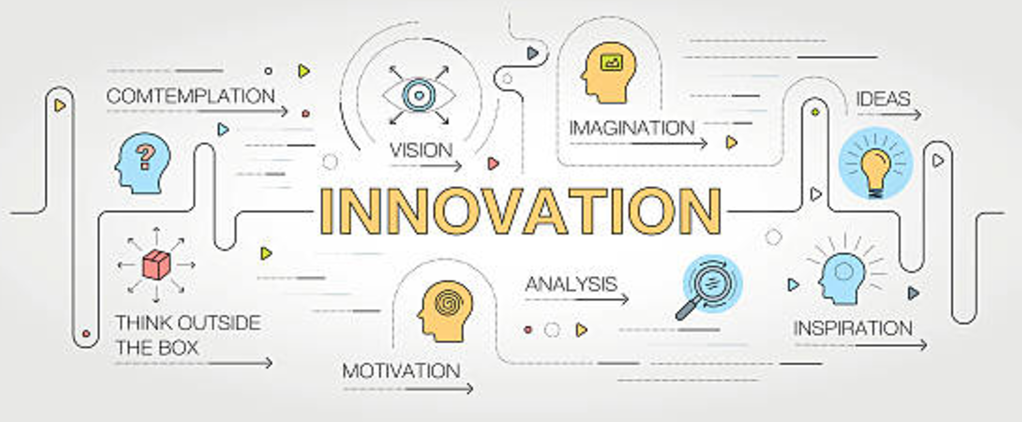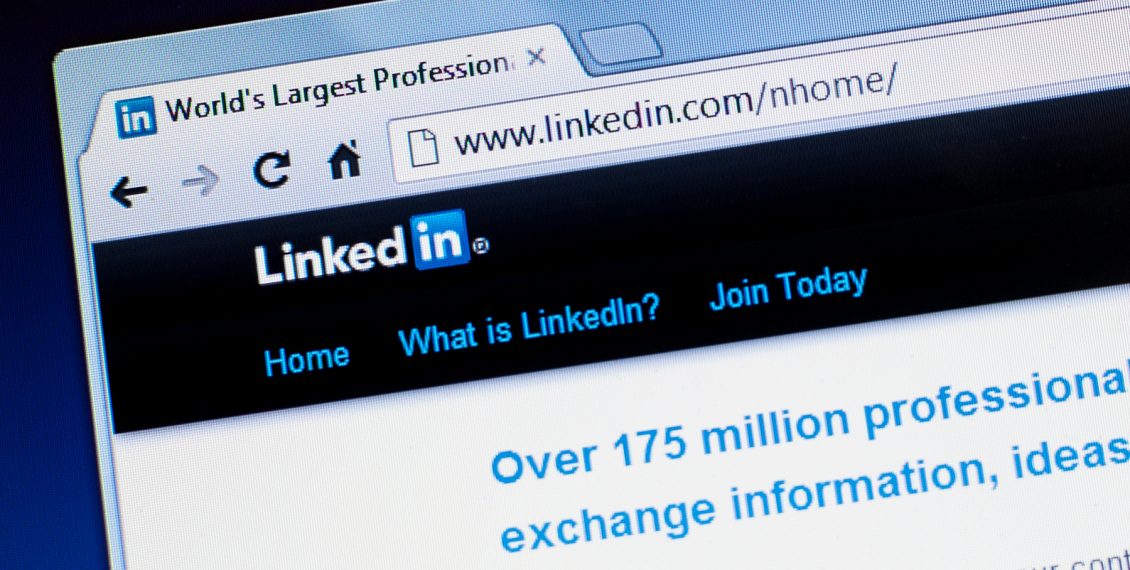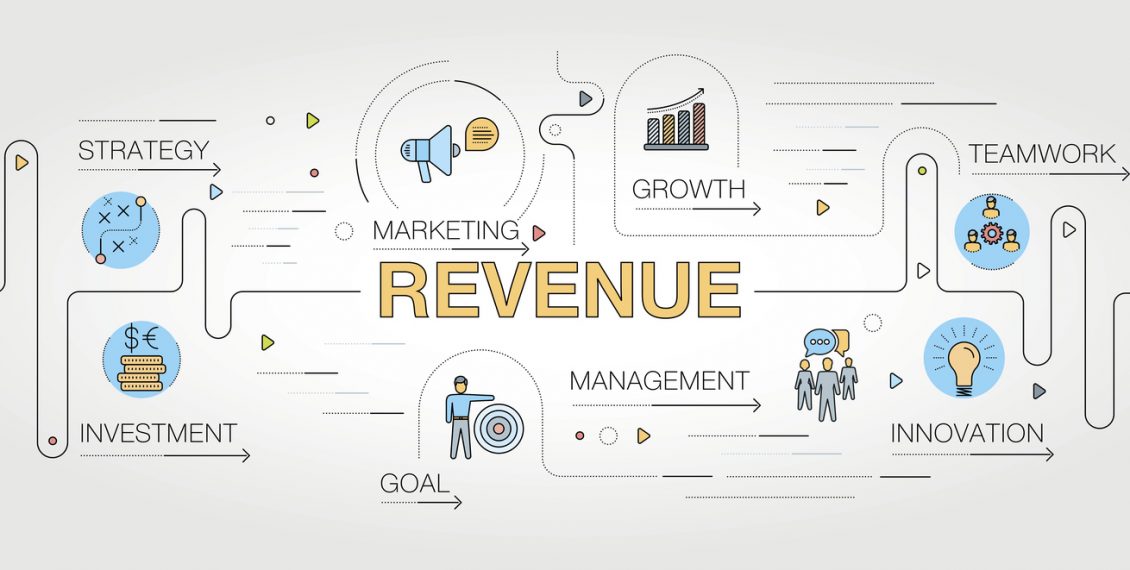
Is your library budget ready?
By Michael Feit | Budgeting , Modern Law Library
Budget season is here. Are you ready?
Budget season is here, and 2018 expense is right around the corner. While no one enjoys the necessary number-crunching of budget preparation, annual budgets are an important tool of modern-library metrics. The library budget, a microcosm of projected expense within the larger organization, should be meaningful by helping you to understand how you spend firm dollars. Your budget, broken down by categories of material, or service, or major vendor, should allow you a framework to monitor expense.
When preparing the budget, utilize all tools at your disposal. Annual budgeting should never be done in a vacuum. Talk to Finance to get a better idea of the firm’s strategy for the upcoming year. What is the firm’s fiscal goal for the new year, and what does that mean for the library? Is this a year of zero-based budgeting? Are there plans for a new office or strategic downsizing firm-wide? Is the firm planning to right-size practice groups? If so, then performing an office-copy audit becomes a valuable tool of budget preparation. Addition or deletion of attorneys and staff affects library spend and seat licenses, so make sure you are proactive in understanding what the firm is planning. If you have an Electronic Resource Management (ERM) tool in place, pull usage reports, and analyze user data and actual ROI of electronic subscriptions helping to support renewal or cancellation decisions. Don’t forget to survey your user population to make sure their needs have not changed and the firm is subscribing to the right content. Make sure you are current on legal-vendor offerings and haven’t overlooked new vendors with the same content but a better value.
The Modern Library requires individuals to change their mindset from maintaining the status quo to becoming open to new ways of doing things. Consider how you will shape your budget to reflect new solutions that you want to present to your organization. Whether it is new software to improve workflow or hiring a consultant for upcoming contract negotiations, the budget should reflect the library’s needs and projects for the upcoming year. If you are proposing something new, consider adding a business case as a supplement, providing the needs assessment and ROI derived from the new solution. For the law firm administrator that is often a numbers person, hard-budget data turned into informative charts and graphs will tell your story in a visual way that is powerful beyond just numbers. The law library budget should be well thought out and reflect your needs and expenses for the upcoming fiscal year.
